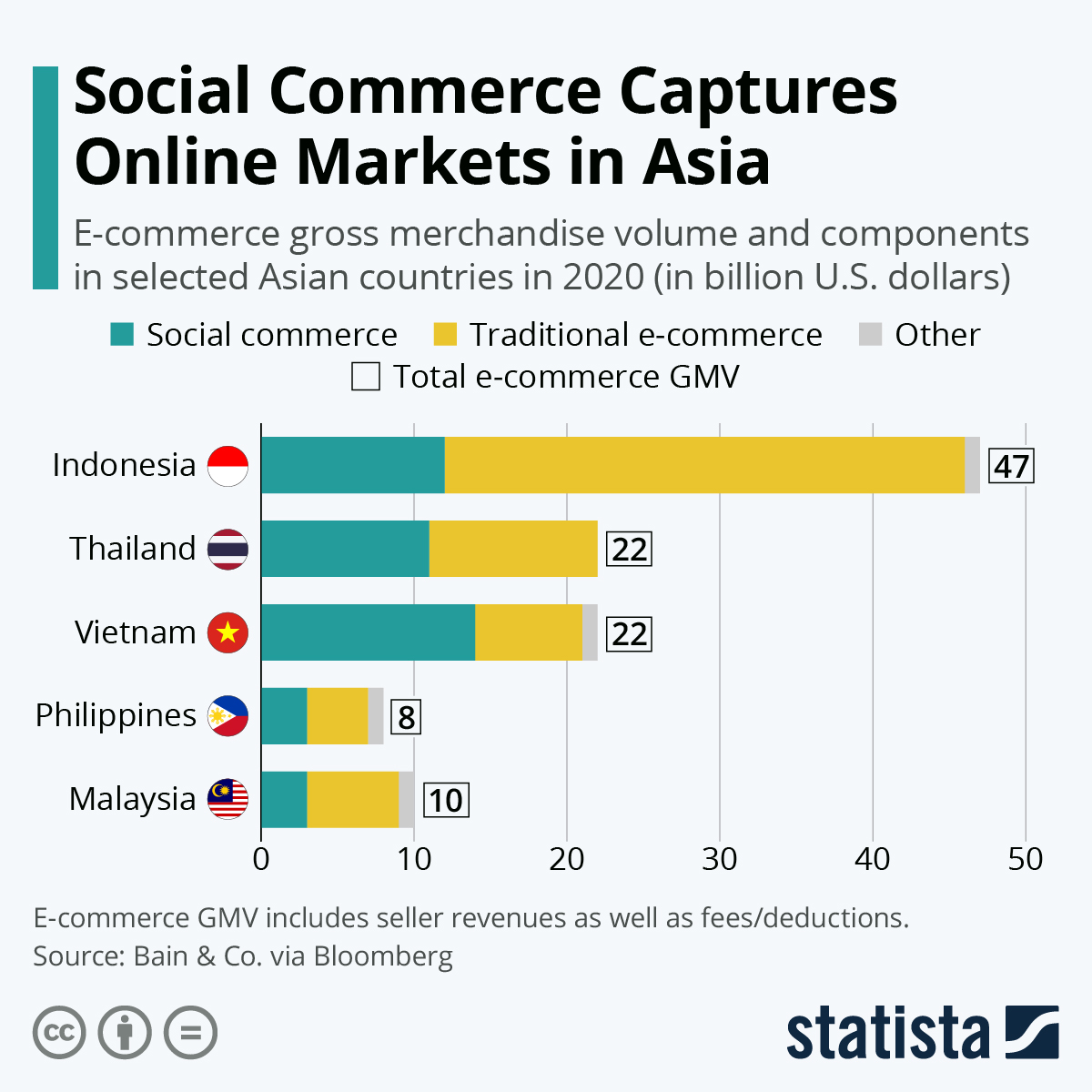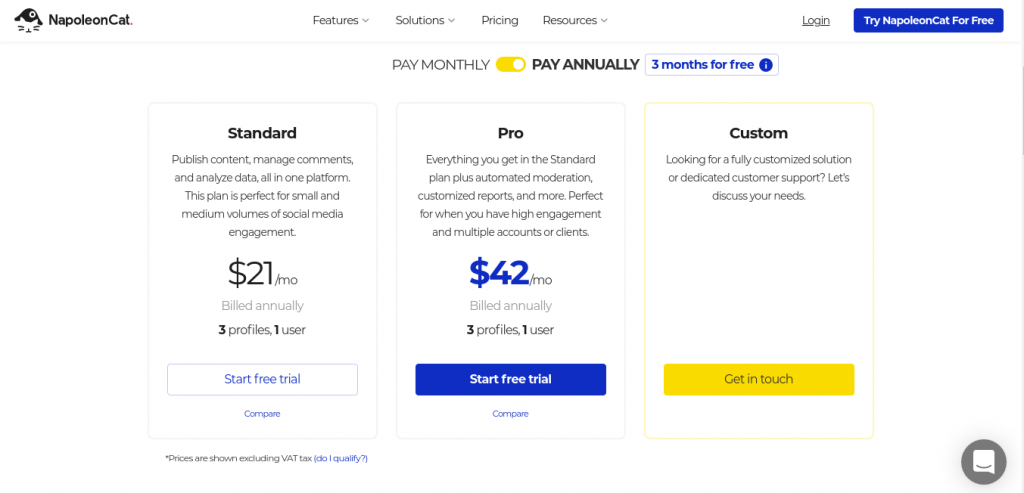You might be denting your reputation and profits by ignoring social media. Simply put, Social media management platforms help you to look at par with others and connect to a worldwide audience.
In 2020, there were 3.96 billion active social media users, a 13.66% YOY growth over 2019.
Internet and smartphones have ensured social connectivity to every individual.
Social media is the new place to gain customers and acquire business leads.
While you focus on your core business, these platforms help to manage your social presence. They are here to boost your sales on social commerce.
What is Social Commerce?
Gone are the days when eCommerce and social media were two separate things.
Welcome Social commerce, where business happens within the social media platform itself.
Since so many users are active daily on various social media platforms, Social Commerce has emerged as an effective marketplace.
According to the users’ interests and activities, products appear in the infinite scrolls. And more often than not, it ends up being a successful online transaction.

And even these results are premature. Social media has limitless potential when it comes to affecting buyers’ perceptions of any product.
The ongoing social media boom will make social commerce the go-to source to make any buying decisions.

Despite their benefits, quality user engagement on these platforms takes significant chunks of time.
On top of it, the number of social channels adds to the headaches of your marketing people.
Maintaining separate accounts on each one is an annoyingly tedious task.
But there is a solution–Social Media Management Platforms.
Let’s scratch the surface to know how they can ensure a great social life for your business.
Social Media Management Platforms
Social Media Tools brings all your social engagements under one hood. You use a single username and password. This helps you to create, publish, schedule, and respond on all the social sites from one place.
Additionally, these tools offer valuable insights such as user engagement, competitor analysis, and sentiment analysis.
These features vary between different tools though. Free features are generally limited to publishing. And the more important features like user engagement, etc., fall under the premium category.
Few such utilities–e.g., NepoleonCat–offer a free trial period for their premium features.

Features
This section will outline some of the attributes of such platforms which make them a must-have utility for small to big businesses alike.
Post Scheduling
In today’s cut-throat competition, prospects are invaluable. And marketers with their tried and tested strategies leave little room for error. Better late than never is a joke in marketing.
You have to be prompt and precise. So timing is everything.
For instance, if you post on Monday at noon, chances are your post will be lost among hundreds of others when your leads come back online in the evening.
Additionally, post scheduling lets you make a post calendar–in which you plan posts for auto-publishing.
You can work out in your spare time and schedule the publishing calendar accordingly.
Unified Inbox
One of the prime merits of these social media tools is a common inbox. This lets you engage on all social channels at the same time from a single dashboard.
It also cuts the chances of a repetitive response. You can keep track of your business leads from all social channels and reply instantly.
Collaboration
If you have a social team to manage your social presence, then you can assign different duties to the individuals based on their availability and expertise.
For example, you can designate separate people for posting and commenting. This helps to cut the burden on a single individual and improves the response rate.
And you can also maximize output from your employees based on their interests.
Sentiment Analysis
Generally, a huge number of interactions on your post are a good sign. But sometimes, numbers can be deceiving.
In fact, those large number of comments can also indicate people making a mockery out of your products.
One negative viral comment and your particular marketing campaign can go down the drain.
So, it is crucial to analyze public sentiment about your product(s) as soon as possible.
Sentiment analysis helps to achieve just that. You can analyze sentiment type and act fittingly.
One can enable tags like ‘brand name+great‘ or ‘product name+awful‘ to filter out sentiments, and your social utility will do the rest. You can also get a report of positive and negative mentions.
Some sentiment analysis tools can also automatically analyze public sentiment about your business using Artificial Intelligence.
Conclusively, sentiment analysis helps to analyze your audience’s mood. It helps you to apply course correction at early stages to minimize the damage.
Competitor Survey
It assists in tracking the social media pages of your competition. You can gain valuable information from their success and failures, their weakness and strengths.
This helps you to compare with the different hashtags, audience engagement, public sentiments, etc.
It presents an opportunity to leverage those insights to improve your products and get ahead of everyone else.
Final Words
If you run your business and don’t have any online presence, then you must pay heed to these words:
“If your business is not on the Internet, then your business will be out of business.”
Bill Gates, Co-Founder of Microsoft and Bill & Melinda Gates Foundation
And you’re just making your competition wealthy with an inconsistent social presence.
While it may seem overwhelming to engage on all social channels, it’s nevertheless essential. The sooner you realize this the better.
Finally, you have social media management platforms helping you to avoid changing your social hats every now and then.
Give them a try. Subscribe for the trial, and chances are you will cherish their presence in your corporate life.
